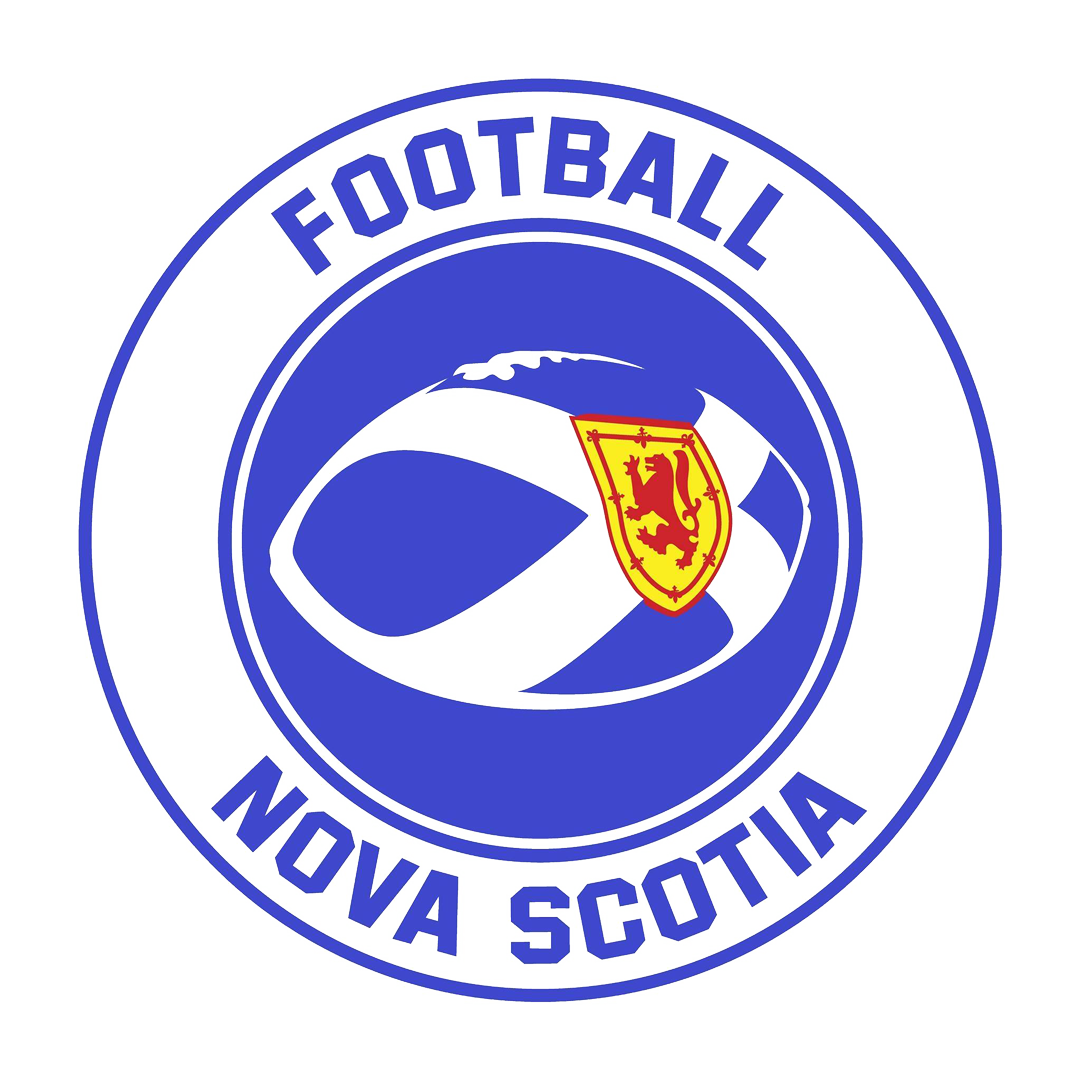NCCP COACHING PATHWAY (NON-CONTACT)
NON-CONTACT STREAMS
STREAM 1 - COMMUNITY SPORT
The Community Sport Stream has a decidedly recreation focus. In the Initiation context the development of fundamental movement and Fundamental Football Skills are essential where fun, fitness, and participation are the focus at the younger ages. In the On-going context, fun, fitness, and participation are key elements and in many cases competitive recreation is the focus.
Coaches in the Community Sport – Initiation Context typically become involved on a voluntary (and often short-term) basis because their children participate in a sport. However, many coaches work with participants of all ages who are new to the sport.
STREAM 2 - COMPETITION
The Non-Contact Competition Stream is more competition focused. The coaches in these contexts tend to work with athletes over the long term to improve performance, often in preparation for provincial, national, and international competitions. Additionally, Coaches in the “Competition” stream usually have previous coaching experience or are former athletes in the sport.
NCCP TRAINING AND CERTIFICATIONS
The NCCP model distinguishes between training and certification. Coaches can participate in training opportunities to acquire or refine the skills and knowledge required for a particular coaching context as defined by the sport. To be certified in a coaching context, coaches are evaluated on their demonstrated ability to perform within that context in areas such as program design, practice planning, performance analysis, program management, ethical coaching, support to participants during training, and support to participants in competition.
In the NCCP, a coach is described as being:
In Training – when a coach has completed some of the required training for a context;
Trained – when a coach has completed all required training for a context;
Certified – when a coach has completed all evaluation requirements for a context.
Trained: Football Canada’s NCCP is integrating the football specific (technical) component and the multi-sport (theory) component INTO one course for each player context (Competition Introduction for example) and coaching context (position coach, coordinator for example).
Certified: Once all the relevant football specific and multi-sport modules are completed, the coach will then be able to proceed to Evaluation (practical). When all evaluation criteria are satisfactorily met the coach will then be certified. As mentioned above, and to make it clear, certification will be granted only in the participant & coach context that the coach is evaluated. The coach will be recognized as being “In-Training”, “Trained”, or “Certified”.
For more information on the NCCP training modules please visit www.coach.ca
COACHING PATHWAYS
COMMUNITY NON-CONTACT COACH PATHWAY
Here’s what you need:
Community Novice
Course content: Understanding football and fundamental skills, participants needs and parental expectations, safety and intro to practice planning
* Make Ethical Decisions
* Making Headway in Sport
* Safe Sport
INTRODUCTION TO COMPETITION NON-CONTACT PATHWAY
Here’s what you need:
Safe Contact
Introduction to Competition Foundations
Course content: Analyze a Performance, Teaching & Learning & Plan a Practice
Make Ethical Decisions
Here’s what you need:
Practice & Portfolio Evaluation
Make Ethical Decisions Evaluation
Please contact Football Nova Scotia to get evaluated


